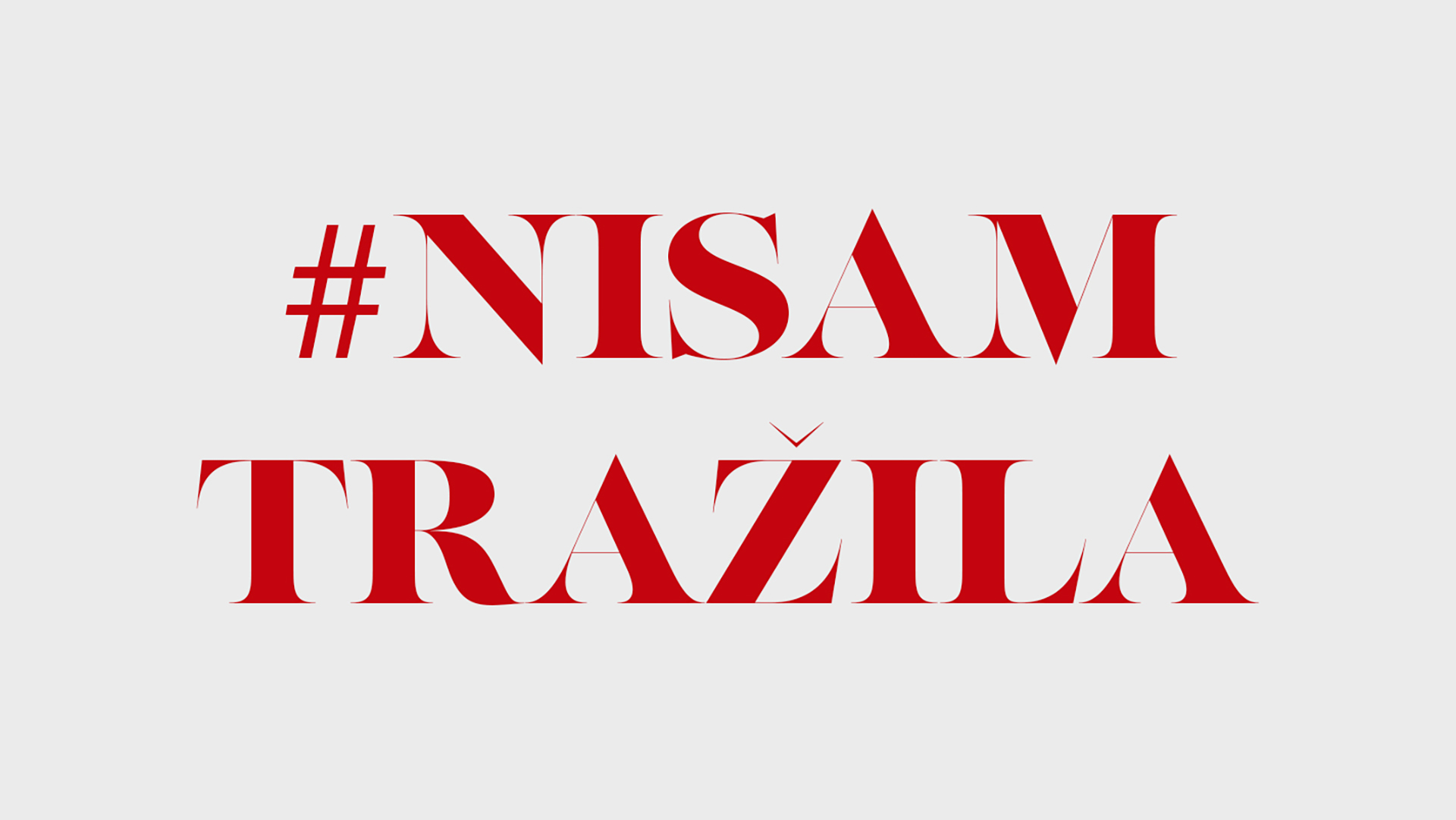
The #MeToo movement has arrived in the Balkans
The movement is living its moment in the region.

Konteksti Podcast
Konteksti is a podcast production by K2.0. A space to delve beneath the headlines to explore the issues that matter — in context.
This story was originally written in Albanian.